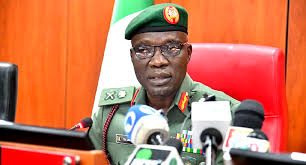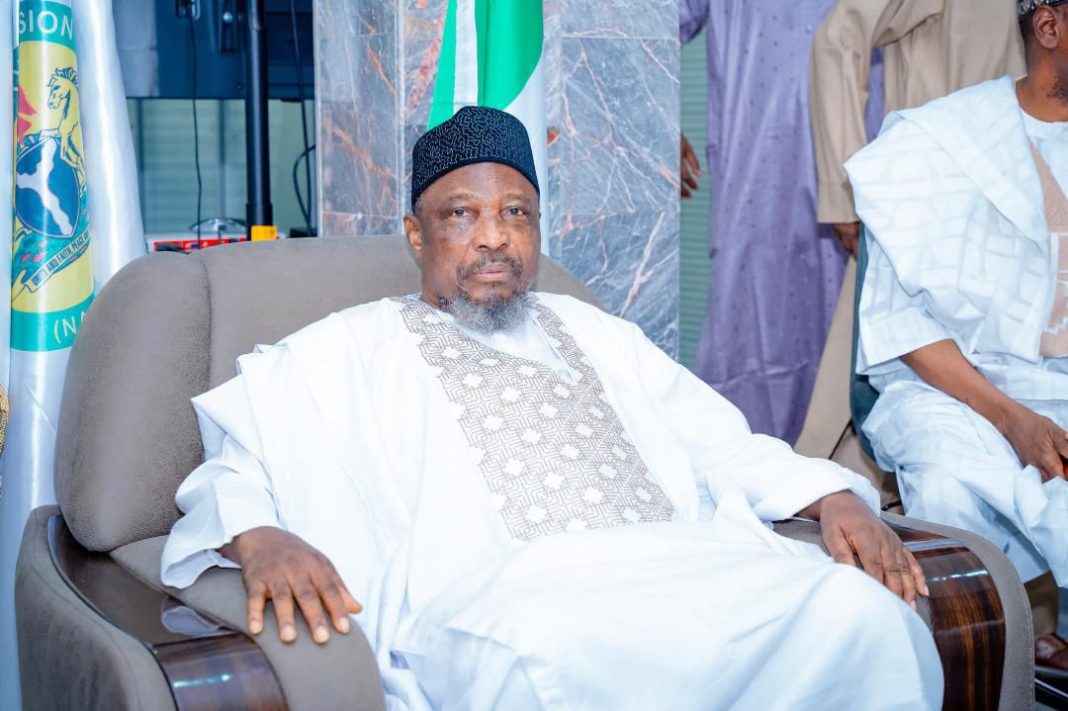By Muhammad Ibrahim Goronyo
The Economic Community of West African States (ECOWAS) was envisioned as a beacon of hope, offering economic and political unity to its sixteen member states. As Professor Omoniyi Adewoye highlights in *Journalism & Society*, ECOWAS’s success would rely not just on governments but also on the private citizens motivated to create and foster regional enterprises. Founded on May 27, 1975, with high expectations, ECOWAS aimed to overcome the region’s economic struggles and promote cooperation in trade, industry, agriculture, and infrastructure development.
The Original Aspirations of ECOWAS
During ECOWAS’s inaugural ceremony, leaders such as President Eyadema of Togo and President Félix Houphouët-Boigny of Ivory Coast emphasized the community’s role in economic cooperation and unity. ECOWAS was seen as a means to end “bellicose nationalism” and stimulate economic growth by integrating the West African economy.
General Yakubu Gowon of Nigeria envisioned ECOWAS as a pivotal step towards the economic independence of Africa. This community, he argued, would create job opportunities, foster intra-African trade, and lay the foundation for a prosperous export economy. West African leaders such as Tanzania’s Julius Nyerere and Rwanda’s Major General H. Juvenal echoed these sentiments, seeing ECOWAS as a path toward continental unity and self-sufficiency.
ECOWAS Member Countries
The sixteen countries that originally formed ECOWAS include:
– **Benin, Burkina Faso, Cape Verde, Côte d’Ivoire, Ghana, Guinea, Guinea-Bissau, Liberia, Mali, Mauritania, Niger, Nigeria, Senegal, Sierra Leone, The Gambia,** and **Togo**.
Why ECOWAS Generated Enthusiasm
At the time of its creation, ECOWAS was widely seen as a solution to the economic stagnation many African countries experienced post-independence. Despite some initial progress in the 1960s, African leaders recognized that breaking free from poverty required large-scale industrialization and resource mobilization beyond national borders.
Several initiatives, including the West African Economic Community (1972) and the West African Rice Development Association (1970), set the stage for economic cooperation, but ECOWAS distinguished itself by its expansive scope across the entire sub-region. The treaty aimed to promote cooperation across various fields, including industry, transport, energy, agriculture, and trade, with a goal to raise living standards, maintain economic stability, and foster stronger ties among member states.
The Potential Benefits of ECOWAS
The ECOWAS vision included several transformative benefits:
1. **A Unified Market**: By creating a single market, ECOWAS could enable production specialization, encourage large-scale industries, and reduce poverty.
2. **Enhanced Employment**: A larger market could stimulate job growth as labor and capital move across borders, encouraging innovation and research.
3. **Trade Harmonization**: A unified trade policy could curb smuggling and stabilize pricing, benefiting regional economies.
4. **Infrastructure Development**: By investing in roads, railways, and communication networks, ECOWAS could reduce the isolation of landlocked member states and enhance regional connectivity.
5. **Global Influence**: An economically integrated West Africa could become a powerful player on the world stage, potentially driving reforms to address global economic inequities.
Challenges Hindering ECOWAS’s Success
Despite the initial optimism, ECOWAS has struggled to fulfill its mission. While it remains active, its impact on economic development has been limited, and some member states see it as a “debating forum” rather than a platform for substantive change.
Economic Barriers
West Africa boasts rich natural resources, but nations like Nigeria are still highly dependent on a single resource—oil. While countries like Liberia and Ghana possess gold, ECOWAS has not successfully leveraged these resources to foster self-sufficiency or reduce foreign dependency.
Educational Gaps
Education has seen mixed results since Nigeria’s independence in 1960. Efforts like the Universal Primary Education (UPE) program in the 1970s aimed to improve quality, but challenges remain, especially in the wake of corruption and limited resources. ECOWAS has not effectively addressed educational quality or access issues across the region.
Currency and Economic Integration
An early goal of ECOWAS was to create a common currency to facilitate trade, but internal disagreements, particularly around the dominance of the Nigerian Naira, have stalled progress. This issue underscores a broader challenge—finding consensus among diverse economies with different priorities and resources.
Political and Social Setbacks
Western interference in African politics, the lack of unity on critical issues, and restrictive border policies impede the free movement of people and goods across West Africa. For instance, customs and immigration policies often prevent free passage, counteracting ECOWAS’s founding goal of regional integration.
The Role of Journalists in Supporting ECOWAS
Journalists are crucial to ECOWAS’s mission, as they can inform, mobilize, and engage the public on economic integration’s benefits and challenges. To meet this need, journalists across West Africa should collaborate, perhaps through a *West African Union of Journalists*, to drive awareness and support for ECOWAS’s goals.
Conclusion
ECOWAS has the potential to be a unifying force for economic and social development across West Africa. However, internal conflicts, economic disparities, and inconsistent political will have stifled its progress. To fulfill the vision of its founders, ECOWAS must overcome these hurdles, align member states on common goals, and address the structural barriers limiting its impact. Only then can ECOWAS truly become the transformative community it was designed to be.





